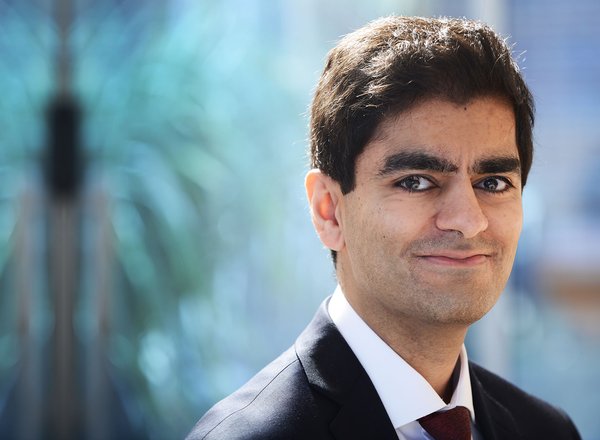The Commercial Court has handed down judgment in the follow-on damages claim brought by a group of computer retailers, formerly trading under the Tiny and Time brand names, against certain manufacturers of LCD panels who had been found to have infringed Article 101 TFEU in European Commission Decision Comp/39.309 – LCD – Liquid Crystal Displays. This constitutes only the third ever cartel damages judgment given by a Court in the United Kingdom (after the Britned and Trucks litigation). Hanif Mussa KC acted as the advocate for LG Display Co Ltd and LG Display Taiwan Co Ltd at the 5-week trial.
The recent judgment provides useful guidance on how claims for follow-on damages fall to be assessed at trial, including the assessment of overcharges, arguments about pass-on, and consequential loss of profits.
In summary, the Claimants pleaded that they had suffered a total loss of over £60 million, but the Court’s determination and the parties’ consequent agreed provisional quantification assesses the total loss at approximately £4.4m (over half of which comprises interest). The provisional quantification does not yet account for the effects of settlement agreements agreed between the Claimants and other former defendants to the action. These issues will be addressed at a subsequent stage of the proceedings.
At trial, the Court heard detailed cross-examination testing the evidence of expert economists and accountants. The Court concluded that:
- In calculating the overcharge, a regression model was to be preferred to the Claimants’ primary extrapolation model because the regression model attempted to control for the actual effect during the infringement period of production costs, supply and demand: [83]. The Defendants’ particular regression model was also to be preferred to each of the many alternative regression models advanced by the Claimants. Following a modest adjustment to the Defendants’ estimates, the Court found an overcharge of 8% on LCD panels for application in computer monitors, 4% for application in notebooks, and 14% for application in TVs: [143].
- In assessing downstream pass-on, the Court confirmed that the Defendants could in principle discharge their burden of establishing downstream pass-on by reliance on economic reasoning as well as factual evidence: [181]. It considered a range of economic factors likely to affect the level of downstream pass-on as well as the quality of factual evidence required to demonstrate downstream pass-on. The Court rejected the Claimants’ argument that the Defendants had failed to prove any downstream pass-on. It concluded that downstream pass-on would likely have been in the range of 50%-100% and assessed the most likely figure, applying a broad axe, at 65%: [247].
- In assessing loss of profit on lost sales, the Court considered how to resolve disputes in relation to various variables relevant to the calculation, including price elasticities and diversion ratios.
The judgment also addresses a range of legal issues potentially arising in follow-on damages claims, including the proper approach to applicable law under the Private International Law (Miscellaneous Provisions) Act 1995, the territorial scope of Article 101 TFEU, and the operation of domestic limitation rules concerning concealment.
The earlier PTR judgment in these proceedings provides important guidance on the operation of the presumption that foreign law is materially the same as English law, and pleading requirements concerning the same: see [2024] 1 WLR 100. In light of the Supreme Court’s clarification of the nature and effect of the presumption in Brownlie v FS Cairo (Nile Plaza) LLC [2022] AC 995, Mr Justice Foxton accepted the Defendants' submission and declined to follow the reasoning of Mr Justice Andrew Baker in Iranian Offshore v Dean [2019] 1 WLR 82, and concluded that a party disputing the application of the presumption does not always need to plead that fact.
Hanif Mussa KC acted for the Third and Fourth Defendants (LG Display Co Ltd and LG Display Taiwan Co Ltd), instructed by Jonathan Kelly, Paul Stuart and Kathryn Collar at Cleary Gottlieb Steen & Hamilton LLP.
The judgment can be found here.














